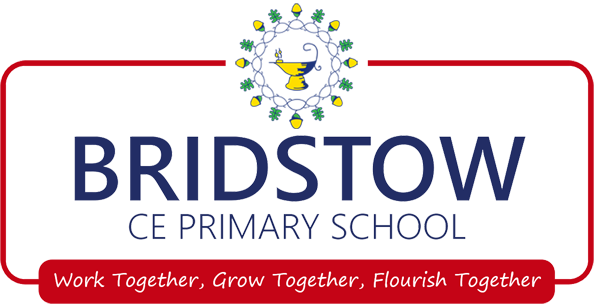



We believe that assessment is hugely important. We informally assess children on a daily and weekly basis to inform our planning. This allows us to meet the needs of each individual child. We also formally assess classes on a ten week cycle; allowing us to get a snapshot of individual and whole class progress in order to effectively deliver a broad and balanced curriculum.
This helps our children to make good progress and attain at least the expected level for their age. In line with the departments for education new approach to assessment we will be moving towards assessment without levels. Instead children will be judged against age related goals for their given year group.
Reading: Apart from teachers, parents and volunteers all contributing to the reading diaries (a hugely valuable assessment and dialogue tool) we regularly complete guided reading sessions. In addition to this we complete comprehension tasks and tests every 10 weeks from year 2 onwards to inform our planning and teaching.
Writing: We begin each unit of work with a 'cold task', a diagnostic assessment, that allows us to pitch the teaching at the appropriate level. Throughout the unit of work (approximately 3 to 5 weeks in duration) each child completes work which contributes to their writing portfolio. Again we assess this work to inform our planning but also use it to guide us in the summative assessment at the end of each unit. We use the portfolio along with a warm task, a piece of writing completed at the end of each unit without teacher assistance, to assess each child's progress against age related goals.
Maths: Again, we use an assessment task at the beginning and end of each task to assess the level of progress made and to inform our provision for each child. We maths we formatively assess each student on a daily and weekly basis to allow our planning to be relevant and challenging for each child. Once a week, Key Stage 2 children are set according to ability and follow the Big Maths programme in order to hone their mental and calculation strategies.